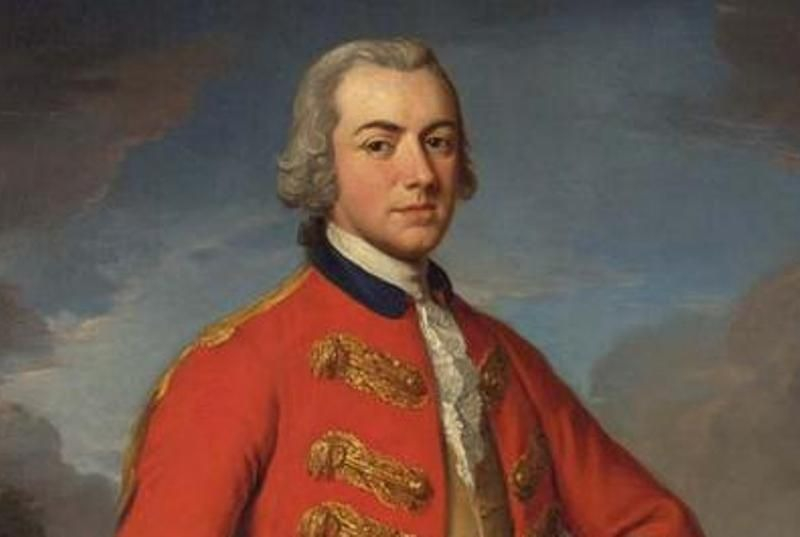Henry Clinton
Henry Clinton had been Howe's deputy when he first arrived in Boston in May 1775. In May 1778, he succeeded Howe as the British Army's Commander-in-Chief in America. Afterward, Clinton ordered the evacuation of the British forces from Philadelphia to New York City in 1778 to fortify the city's defenses against a potential Franco-American attack because the British Northern plan had failed as a result of the Battles of Saratoga. From March 29 to May 12, 1780, Clinton led the victorious Siege of Charleston. After the siege, the Americans suffered 89 fatalities, 138 injuries, and 5,466 captures.
The Siege of Charleston was one of the biggest American defeats of the war. By May 29, having taken Charleston, the British had expelled the last of the Continental Army's soldiers from South Carolina, thus strengthening their hold on the region. Henry Clinton left Lord Charles Cornwallis in charge of the southern command after he had taken Charleston and had returned to New York. However, miscommunication and dispute between Admiral Marriot Arbuthnot and Clinton and both Cornwallis and Admiral Marriot Arbuthnot as well led to the British failures that ended up with the Siege of Yorktown in 1781. Cornwallis' entire force of more than 7,000 was surrendered after the siege, which lasted 20 days.











